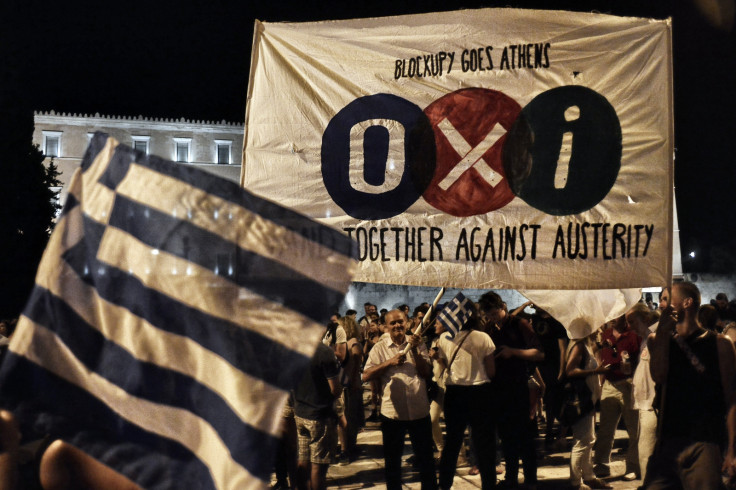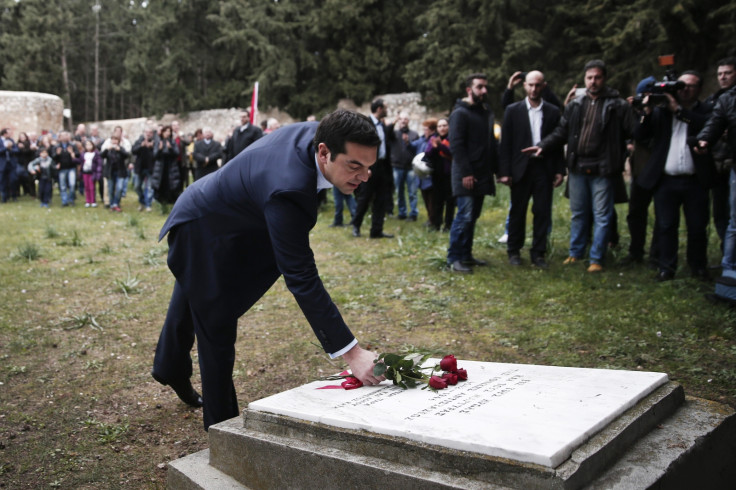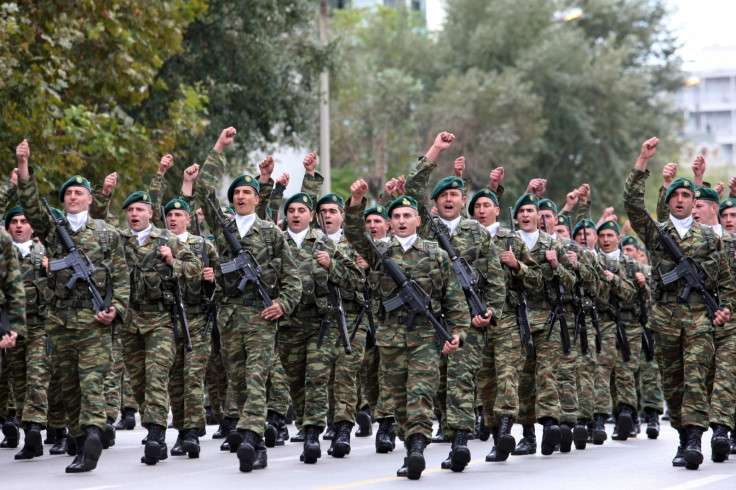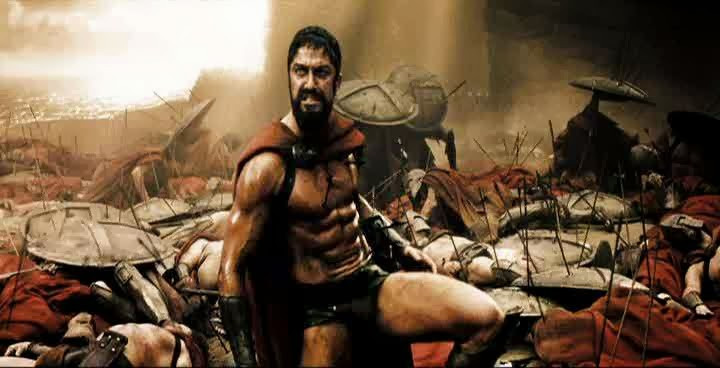Greece crisis: What drives the 'brotherless nation' of Greeks to defiance?

In 1985, the new Greek president Christos Sartzetakis told the voters in his first national address that Greece was a fundamentally a "brotherless nation" – a state without natural allies or partners – an exception to the rule.
In the aftermath of the Mediterranean nation's defiant rejection of a bailout deal from its powerful creditors, is Sartzetakis' highlighting of Greek exceptionalism being proved correct?
When Greek prime minister Alexis Tsipras was elected on the back of an anti-austerity platform in January 2015 he did not say Greece was brotherless but he did set the tone of rebellion against the established order.
In a set-piece of political theatre drenched in symbolism, the left-wing leader laid red roses on an Athens war memorial to commemorate the execution of 200 resistance fighters, most of them communists, by Nazi forces in 1944.
Tspira's spokesman at the time said the gesture "represents national resistance to German occupation" – and the metaphor to the latest crisis with chancellor Angela Merkel's |Germany playing the bad guy was barely subtextual.
Professor David Ricks, a specialist in modern Greek at King's College London explains that the contemporary Greek national character was forged in the the Second World War – during which time the Greek partisans put up a ferocious resistance – and that the years from 1941-5 still loom large in how the country views itself and its neighbours.
"Modern Greek sensibilites have been shaped by the experience of the 1940s," he told IBTimes UK. "It is no accident that the first thing prime minister Tsipras did once he was elected was go to a traditional left-wing neighbourhood in Athens. That was really putting down his mark that he is the transmitter of this heritage."

However, Professor Hicks explains the relationship between Greece, Europe and particular Germany has been a shifting one. After Greece emerged from the Second World War, its own civil war between right and left that followed and years of coup and a brutal generals' junta in the 1970s, triggered many Greeks to leave in search of a better life in West Germany.
"Germany was one of the prime countries of migration for Greeks in the 1950s and 1960s. And with the seeming improvement of the Greek economy, the return of democracy in 1974 and the boom years of the 1980s and 1990s Germany was a country from which Greeks were returning because they had made their money," he said.
"There has tended to be a great deal of admiration for Germany as an economic powerhouse."
In its current crisis though, Greece seems to have reverted to its rage of the immediate post-war period. Many Greeks who have lived through the political turmoil of the 20<sup>th Century are now saying the last five years of International Monetary Fund (IMF) and European Central Bank (ECB) austerity has been the most gruelling period of their life.
"I think that is not objectively true because it is not like the winter of 1941-2 where thousands and thousands of people were dying in the streets. I think it conveys a sense of just how people think the last five years have been," Hicks said.
Greece's referendum vote has been praised in a number of different quarters as an act of defiance against the powers of the EU, ECB and the IMF. It has echoes in the act of defiance – the day of No – when the Greeks refused to acquiesce to the Italian invasion ordered by Mussolini.

"That was one thing that all Greeks agree on and you won't find many things, apart from the Greek war of independence in 1821, where they all have agreed," Hicks explained.
Greeks celebrate the day they said No to Mussolini every year on 28 October. It is called Oxi Day, or No Day.
"There is something that makes the word 'no' in big splashy colours particularly attractive. It is equivalent in their mind to the Battle of Britain," Hicks explained.
Indeed, Greeks can and do delve back into ancient history and claim their homeland as the 'cradle of democracy'. Indeed, the nation that gave the world the Olympics and Socrates, also produced the Spartans, the mythologised, ultimate tough guys who created the death-defying 'heroic code'.
However, while there is a tendency towards exceptionalism in the Greek national conciousness, the country still looks wistfully north and west.
"I think Greeks, when they say Europe, they usually use it to describe something they are not in ... but they have often looked at it and said this is what we want to be like," Hicks explained. "We want to be like France, we want to be like Scandinavia.
"In the past you often heard we want to be like Germany. But I think that is one particular thing you are not going to hear much at the moment."

© Copyright IBTimes 2025. All rights reserved.




















